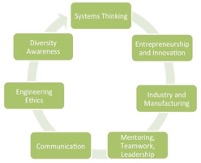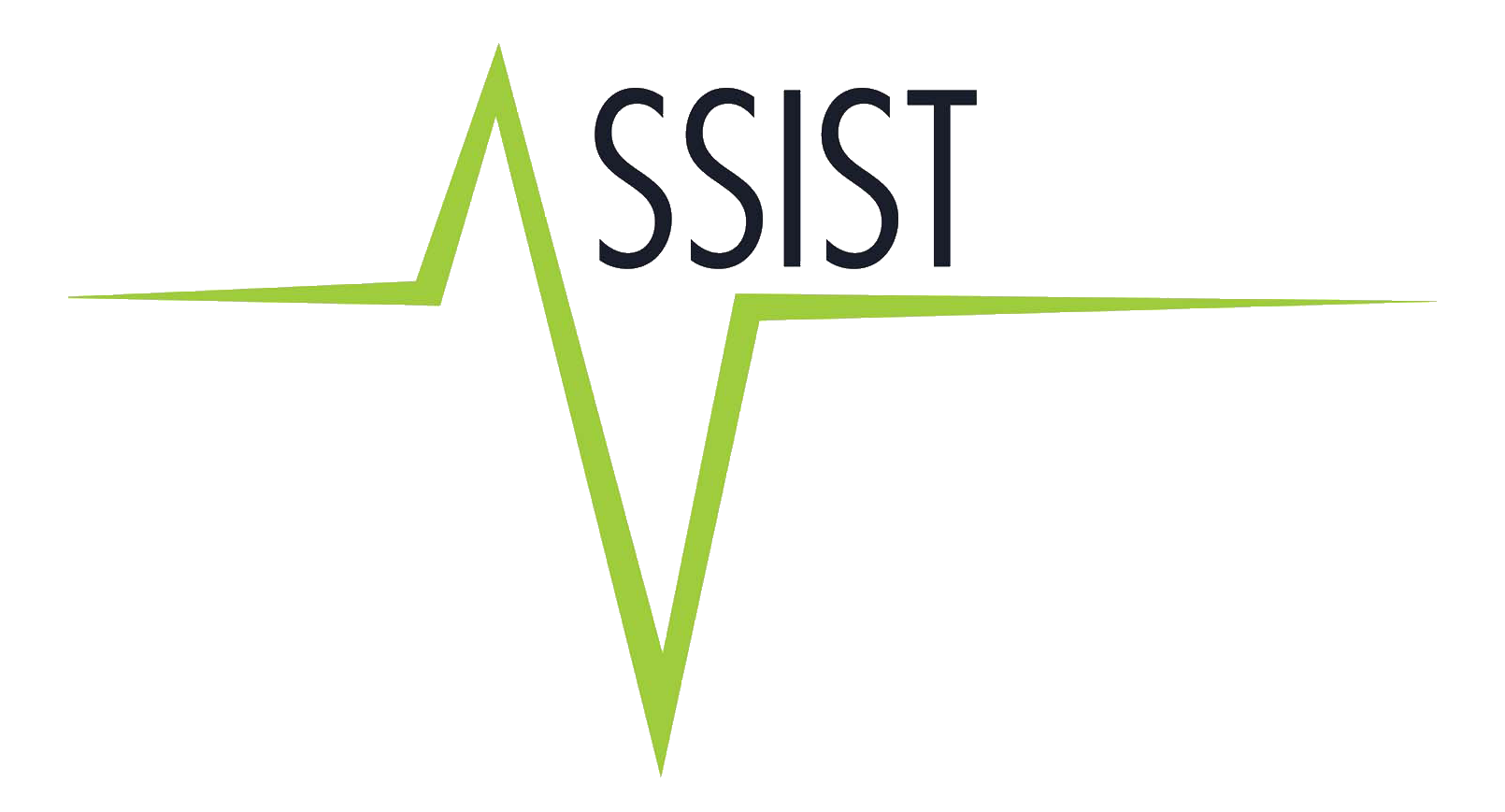ERC's Translational Engineering Skills Program Goes Beyond the Classroom
Outcome/Accomplishment
Headquartered at North Carolina State University, the NSF-funded Engineering Research Center (ERC) for Advanced Self-Powered Systems of Integrated Sensors and Technologies (ASSIST) has implemented the Translational Engineering Skills Program (TESP), a collection of experiential learning interventions that are designed to teach strategic skills that cannot be learned in a classroom.
Impact/Benefits
TESP is a pillar of the ASSIST Graduate Education Program. The program is a collection of experiential learning interventions that are purposefully designed to teach strategic skills that cannot be learned in a classroom but are essential to students' development as creative, adaptive, and effective engineers in the global economy.
Explanation/Background
TESP activities are offered monthly at all ASSIST partner institutions. The activities are meant to be hands-on, experiential learning sessions that are relatively short, usually half-day, workshops. A few examples of TESP workshop topics include technical writing, industry-focused seminars, and mentor/mentee training.
TESP activities are intended to go beyond the academic curriculum and research to provide students with skills and experiences that are relevant to seven translational skill blocks. The activities are designed with input from the Center's faculty, the industry liaison, medical advisors, the assessment coordinator, and the Student Leadership Council.
Location
Raleigh, North Carolinawebsite
Start Year
Biotechnology and Healthcare
Biotechnology and Healthcare
Lead Institution
Core Partners
Fact Sheet
Outcome/Accomplishment
Headquartered at North Carolina State University, the NSF-funded Engineering Research Center (ERC) for Advanced Self-Powered Systems of Integrated Sensors and Technologies (ASSIST) has implemented the Translational Engineering Skills Program (TESP), a collection of experiential learning interventions that are designed to teach strategic skills that cannot be learned in a classroom.
Location
Raleigh, North Carolinawebsite
Start Year
Biotechnology and Healthcare
Biotechnology and Healthcare
Lead Institution
Core Partners
Fact Sheet
Impact/benefits
TESP is a pillar of the ASSIST Graduate Education Program. The program is a collection of experiential learning interventions that are purposefully designed to teach strategic skills that cannot be learned in a classroom but are essential to students' development as creative, adaptive, and effective engineers in the global economy.
Explanation/Background
TESP activities are offered monthly at all ASSIST partner institutions. The activities are meant to be hands-on, experiential learning sessions that are relatively short, usually half-day, workshops. A few examples of TESP workshop topics include technical writing, industry-focused seminars, and mentor/mentee training.
TESP activities are intended to go beyond the academic curriculum and research to provide students with skills and experiences that are relevant to seven translational skill blocks. The activities are designed with input from the Center's faculty, the industry liaison, medical advisors, the assessment coordinator, and the Student Leadership Council.

